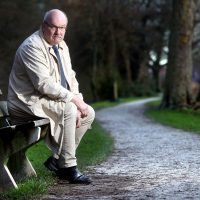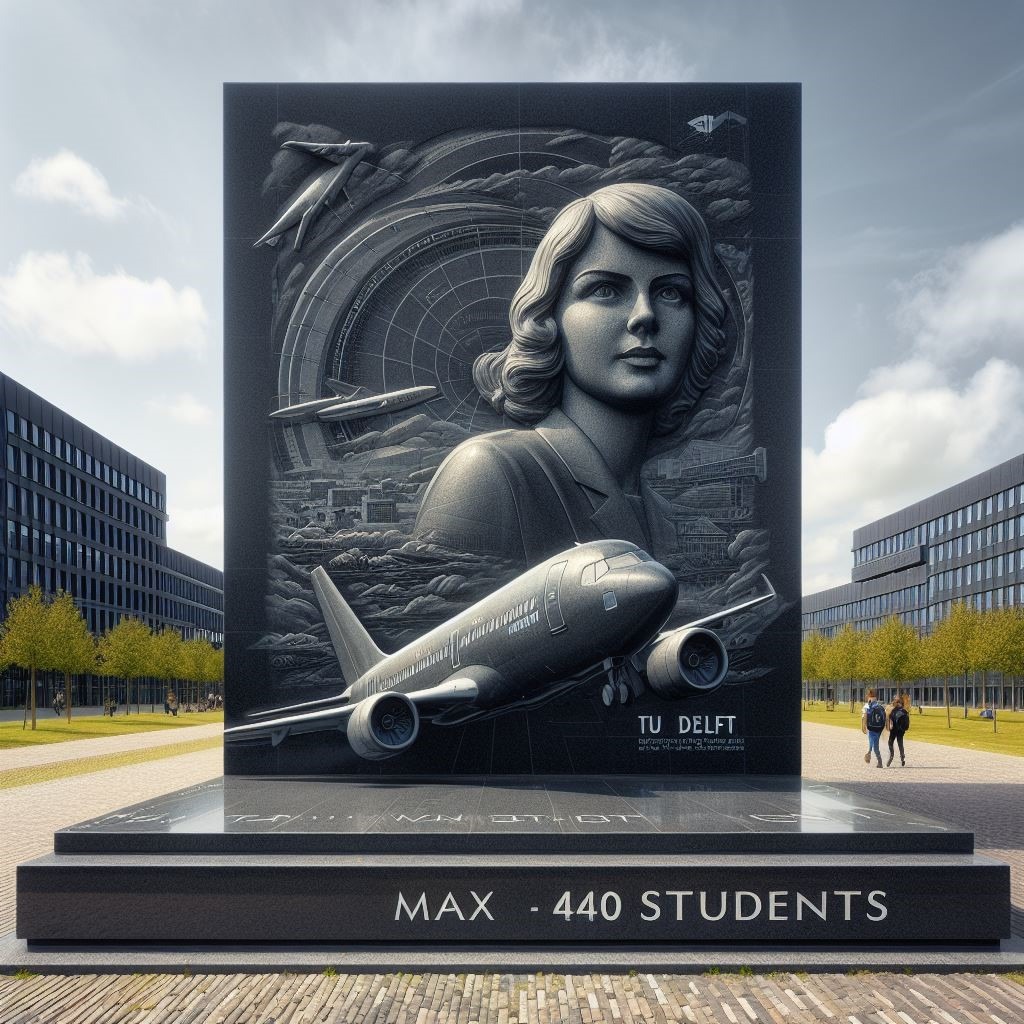Springboard
There is definitely no lack of Dutch students who would like to study aerospace engineering. So why should we offer bachelor programmes to the rest of the world at the cost of Dutch students, asks Dap Hartmann.
There is definitely no lack of Dutch students who would like to study aerospace engineering. So why should we offer bachelor programmes to the rest of the world at the cost of Dutch students, asks Dap Hartmann.

(Photo: Sam Rentmeester)
Delft University of Technology offers five bachelor programmes with a numerus fixus. Two are taught in Dutch, while the other three are entirely in English. It baffles me why we extend our bachelor programmes to international students when there is no shortage of Dutch applicants.
Take, for instance, the BSc Aerospace Engineering which has a capacity for ‘only’ 440 first-year students, yet a staggering 3,000 students have applied for the upcoming academic year. The numerus fixus process will reject 2,560 of them. The selection criteria include academic knowledge, skills, motivation, and an exam. All these factors are combined and converted into a ranking number. Being ranked up to 440 guarantees admission. This year introduces a preference policy allocating 30% of available spots to women.

There’s been a long-standing debate about the desirability of a numerus fixus, but given the overwhelming number of applicants each year, there really is no other choice. I am glad that, to the best of my knowledge, TU Delft consistently uses ‘selection based on qualitative criteria’. However, some people would prefer a lottery-based selection, arguing that it would be fairer. Do they also feel that the gold medal in high jump should be awarded by lottery, rather than to the highest jumper?
Why does TU Delft offer bachelor programmes in English anyway? It’s not about the language per se as English is the dominant language in virtually all scientific disciplines, but it does open the door to students from all over the world.
That’s fine for master’s programmes but not for the bachelor phase, which serves as a kind of academic prewash. If you shrink or fade, forget about pursuing a master’s. International students should earn a bachelor’s degree in their home country and then – maybe – apply for a master’s programme in the Netherlands. This will alleviate pressure on our heavily overloaded bachelor programmes.
International students should earn a bachelor’s degree in their home country
The BSc Aerospace Engineering is offered in English upon the firm recommendation of a visiting committee that emphasized the international nature of the aerospace industry and the absence of a domestic aircraft industry in the Netherlands. That may be so, but there is certainly no shortage of Dutch students eager to study Aerospace Engineering. So why do we offer this bachelor programme to the rest of the world at the expense of Dutch students? Over three-quarters of applications are from international students leaving the number of Dutch applicants at about 700, well over one and a half times the number of spots available.
And then there’s another worrisome trend. In recent years, several international third-year bachelor students have asked me for a letter of recommendation to support their application for a master’s programme at Harvard, MIT, and Stanford. And they actually apply to all three simultaneously. They are leveraging their bachelor’s degree from TU Delft as a springboard to qualify for a master’s programme at a prestigious American institution. We should not endorse this trend.
Dap Hartmann is Associate Professor of Innovation and Entrepreneurship at the Delft Centre for Entrepreneurship (DCE) at the Faculty of Technology, Policy and Management. In a previous life, he was an astronomer and worked at the Harvard-Smithsonian Center for Astrophysics. Together with conductor and composer Reinbert de Leeuw, he wrote a book about modern (classical) music.
Comments are closed.